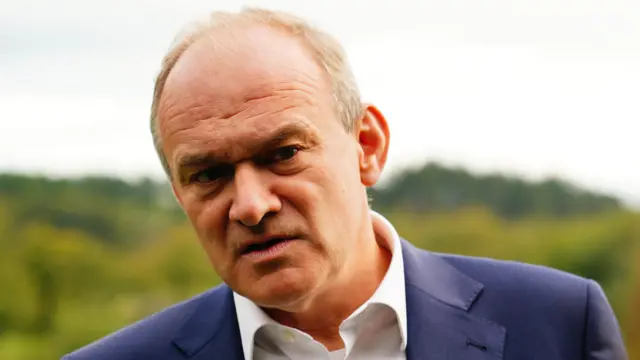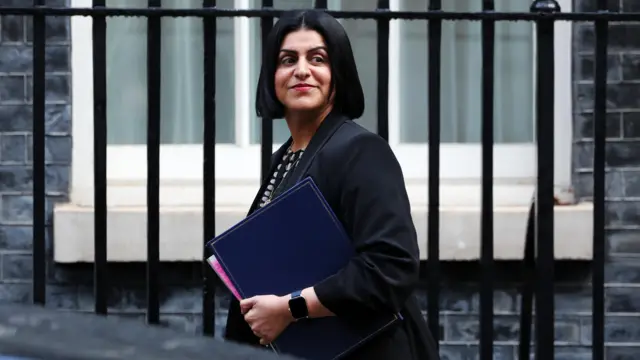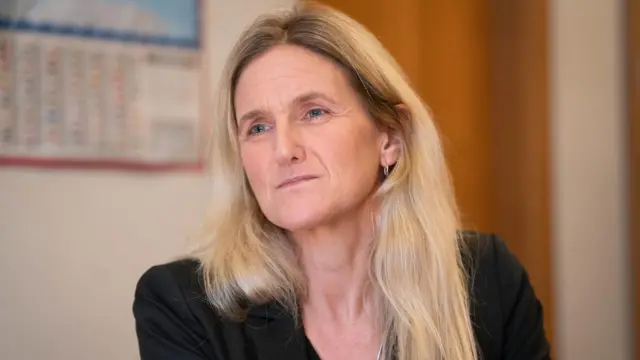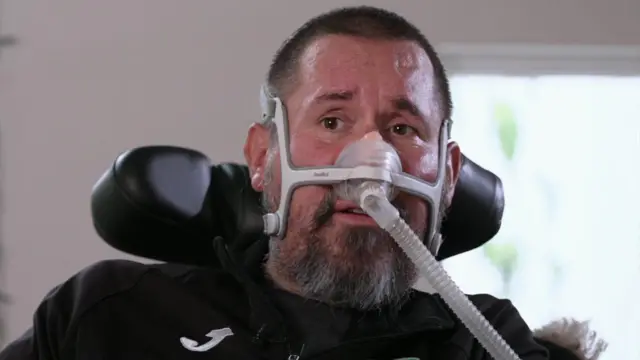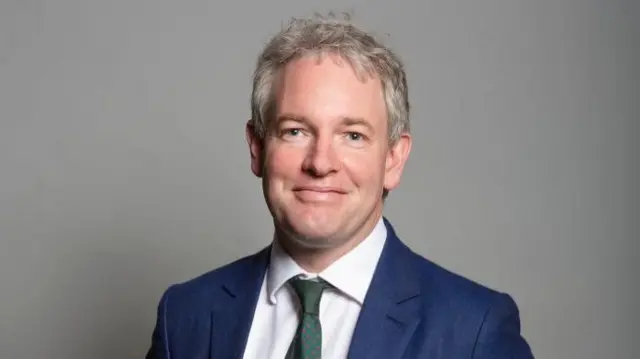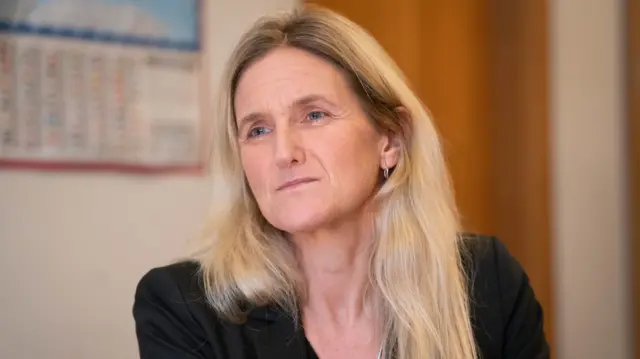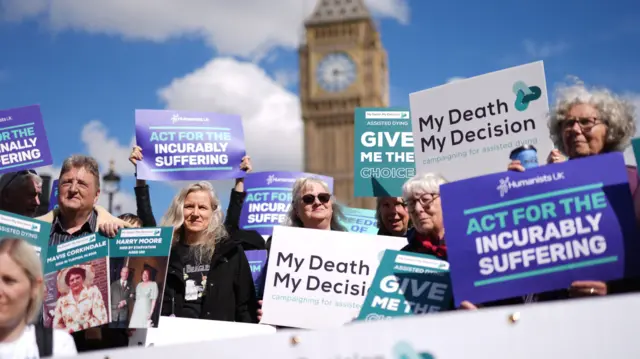How might the cabinet vote on assisted dying?published at 09:38 GMT 12 November 2024
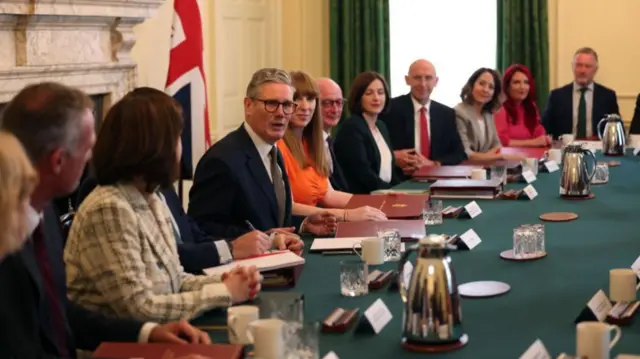 Image source, EPA
Image source, EPAKeir Starmer has confirmed the vote on the assisted dying bill is "free" - meaning Labour MPs, who make up the majority in the House of Commons, can make up their own minds.
The initial vote is not happening until 29 November, giving MPs two and a half weeks to reach their decision. Several ministers have indicated how they might vote:
- Prime Minister Keir Starmer supported an assisted dying bill in 2015 and last year told reporters: "I personally do think there are grounds for changing the law”
- Earlier this month, Energy Secretary Ed Miliband told the BBC he would vote in favour of the bill and described the current law as "cruel"
- The current deputy prime minister and foreign secretary, Angela Rayner and David Lammy, voted against changing the law in 2015 - both are believed not to have changed their positions
- Health Secretary Wes Streeting has indicated he's against changing the law, saying he is worried about people "feeling... guilt-tripped, feeling like a burden"
